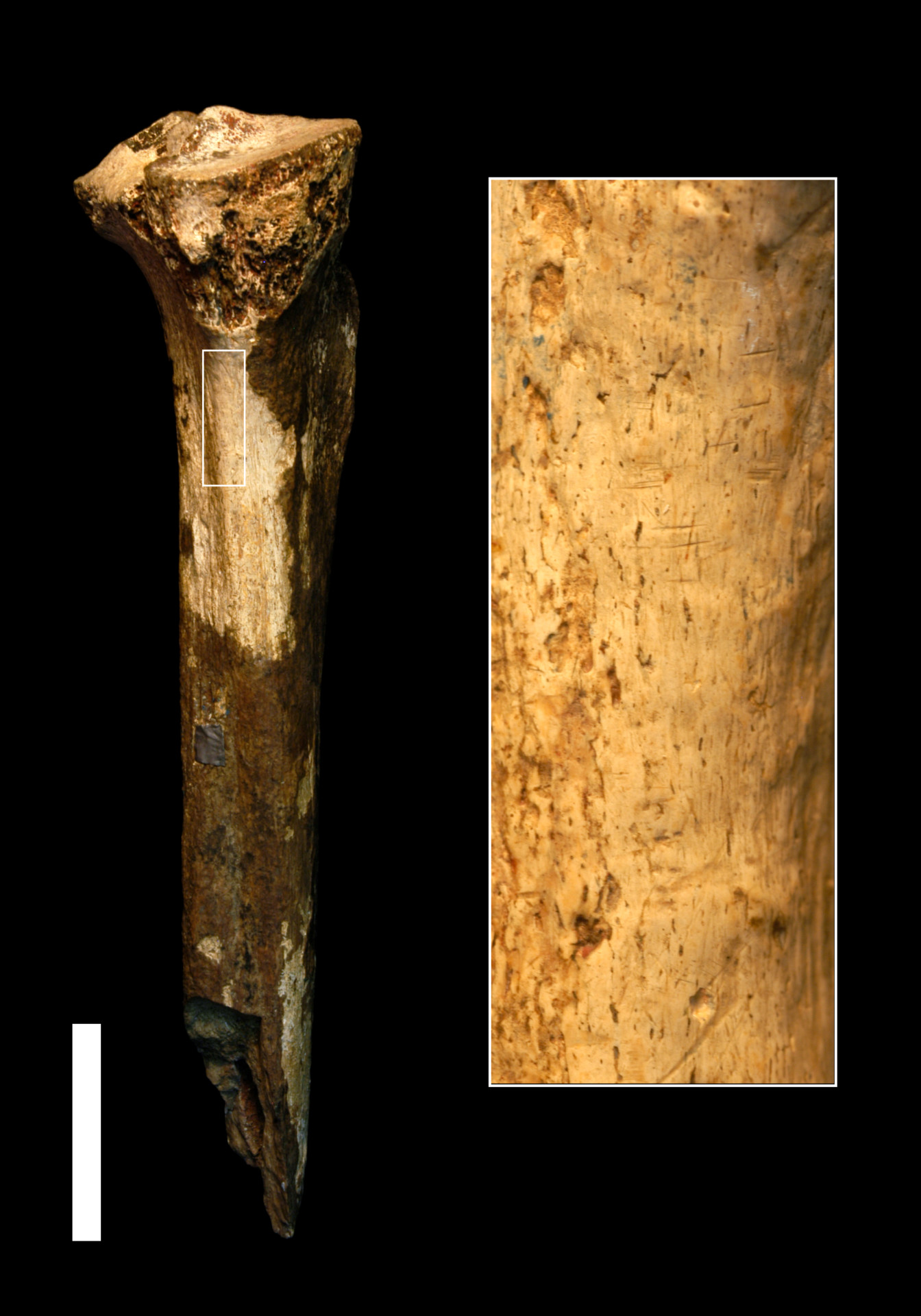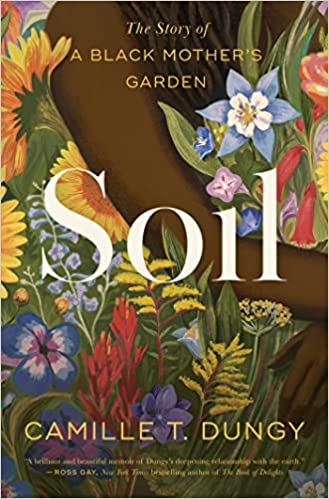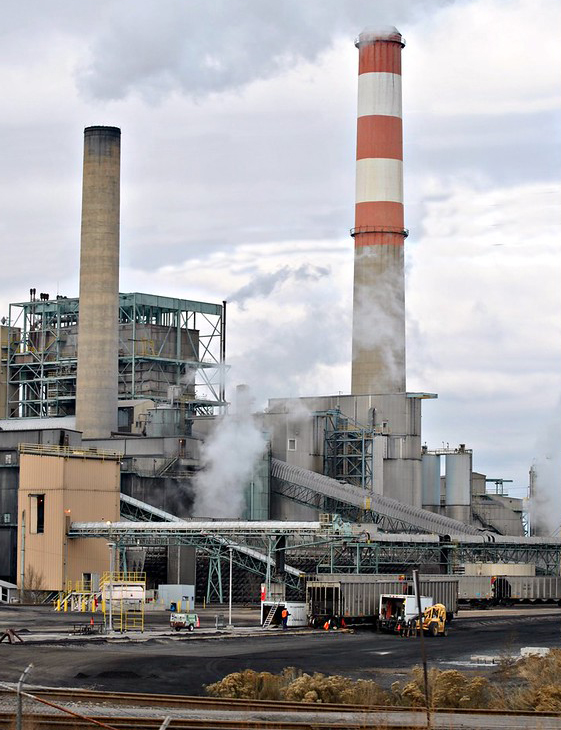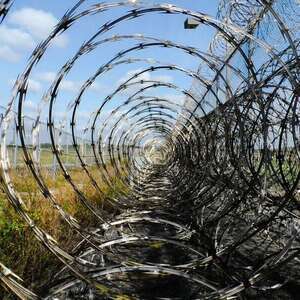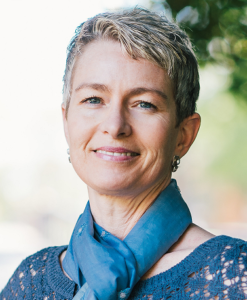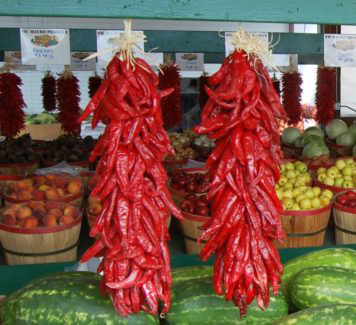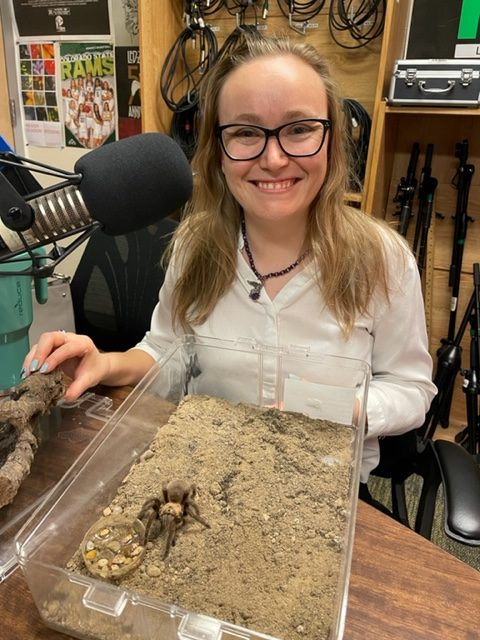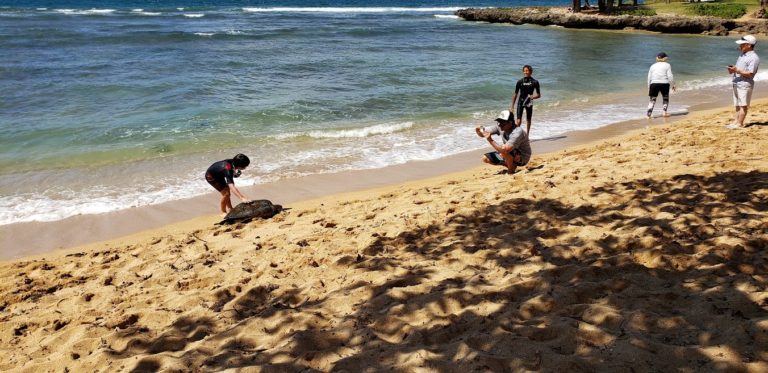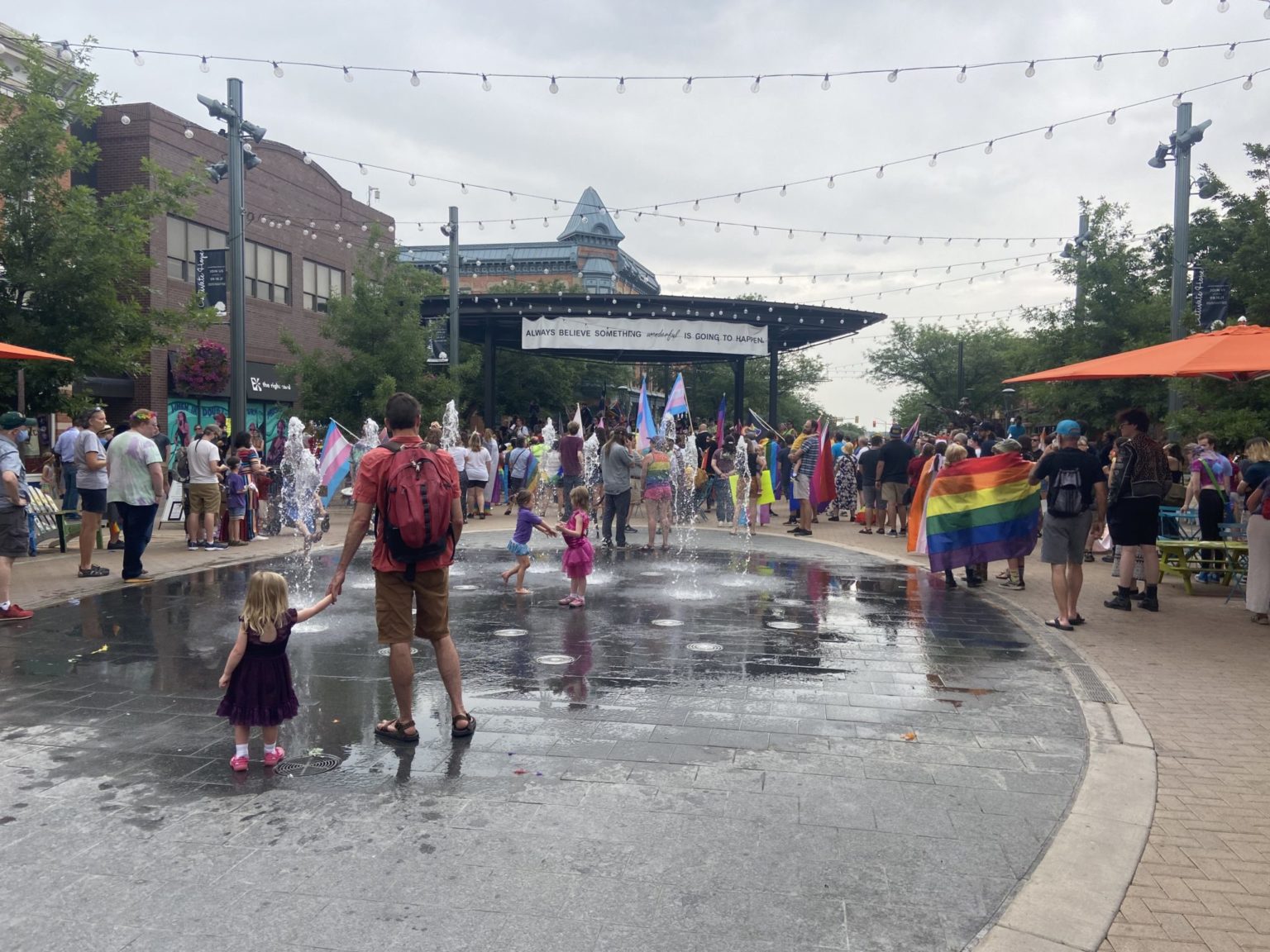
Colorado State University’s podcast — The Audit — features conversations with CSU faculty on everything from research to current events. Just as auditing a class provides an opportunity to explore a new subject or field, The Audit allows listeners to explore the latest works from the experts at CSU.
episodes
The greenhouse gas to beat
Why focusing on methane may be the key to addressing climate change
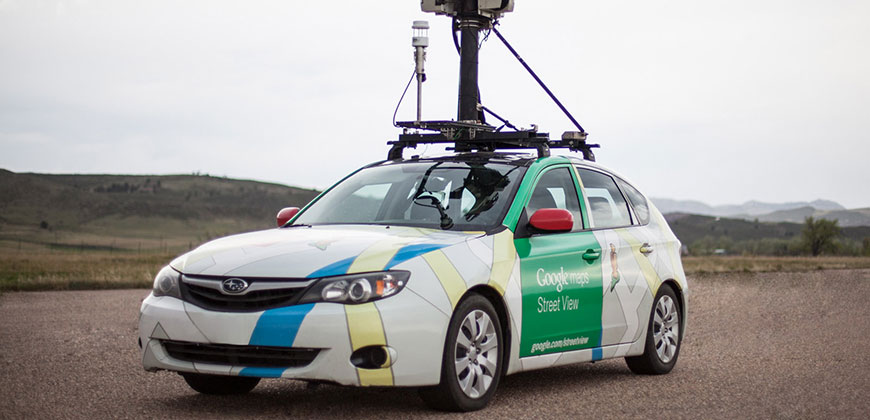
Methane is odorless, colorless and invisible to the naked eye. But it’s also one of the most damaging greenhouse gases impacting climate change.
Colorado State University biology professor Joe von Fischer researches how humans, plants, soil and soil microbes influence greenhouse gas emissions, including methane. Today, we’re talking with von Fischer about how methane compares to the more notorious carbon dioxide, his research into ways we can better measure methane emissions, and why measuring and reducing methane is a critical opportunity in the climate fight.

Accounting may not be the sexiest topic but in the early 2000s everyone was talking about it after the energy company Enron was found to have committed widespread accounting fraud. Hiding billions of debt, Enron and its accounting firm Arthur Anderson misled Enron’s board of directors and its shareholders, who eventually filed a $40 billion lawsuit against the company.
In addition to causing the largest bankruptcy in U.S. history, the fallout from the Enron scandal sent shock waves through the financial system, leading to calls for new regulation to ensure better accuracy and accountability in financial reporting for publicly traded companies. And so, the 2002 Sarbanes-Oxley Act, or SOX Act for short, was enacted.
More than 20 years later, Colorado State University assistant accounting professors Eric Lohwasser and Michelle Draeger have researched the effectiveness of the SOX Act, as well as some of its unintended consequences.
The story of water:
How CSU’s water archivist curates Colorado’s complicated, controversial history
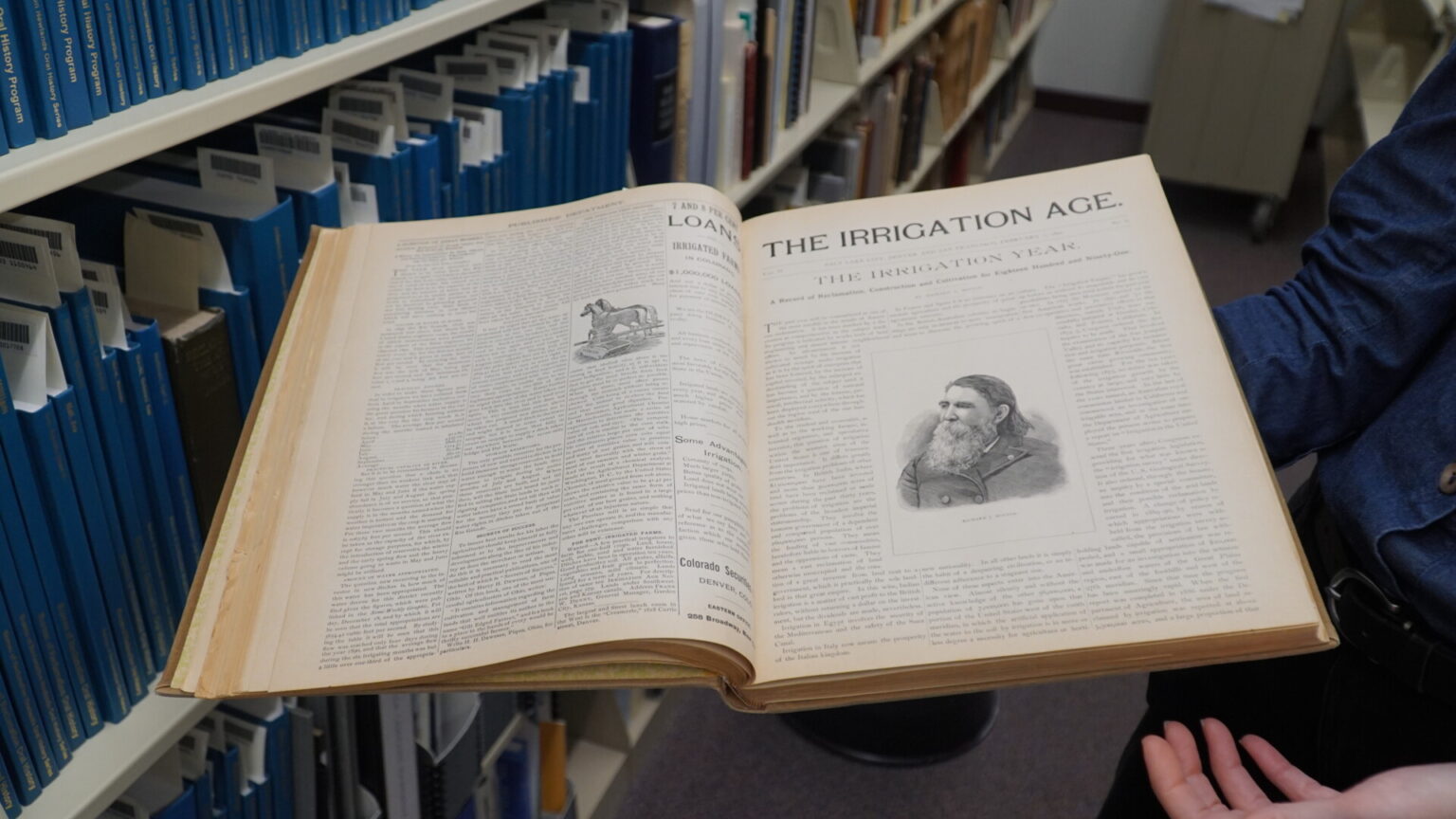
On the second floor of Colorado State University’s Morgan Library, there are hundreds of boxes and stacks of books all dedicated to just one topic — water.
There’s a copy of the Colorado River Compact, the landmark document that governs how the seven states that make up the Colorado River basin allocate its water. There are letters regarding Elwood Mead — Lake Mead’s namesake — who developed the country’s first irrigation engineering class while a faculty member at CSU before going on to oversee the construction of the Hoover Dam.
There are also documents that point to the destructive power of water, such as photographs of the damage from the 1997 Spring Creek flood, which put much of CSU’s main campus under several feet of water and caused more than $140 million in damage to the campus.
Each marks a moment in Colorado’s long and complicated water history. And it’s all just a part of CSU’s Water Resources Archive.
Created in 2001 as a joint effort of the University Libraries and the Colorado Water Center, the archive features historic documents related to Colorado’s water resources. Patty Rettig has been the head archivist for the program since it began, building the collections that, at last count, totaled an estimated 3 million items — from maps and photos to meeting minutes and contracts.
Rettig recently spoke on CSU’s The Audit podcast about her role and the importance of preserving the state’s water heritage.

Whether it’s an Apple Watch, a Fitbit, a Garmin or even an Oura ring, wearable health trackers are big business right now. A $54 billion business.
These devices monitor everything from how many steps we take in a day to how many calories you burn during a workout, to how well we sleep at night. But does this technology actually encourage better health? Does hearing that little voice declare “exercise ring closed” actually motivate people to work out?
That’s the question Natalie Pennington decided to answer. An assistant professor of communication studies at Colorado State University, Pennington looks at interpersonal communication and the use of communication technology. Pennington teaches classes in interpersonal, nonverbal and professional communication and persuasion. Currently, she is part of an international team of experts developing public health guidelines for social connection. Her work has been published in journals such as Communication Research and Computers and Human Behavior.
Pennington recently spoke to CSU’s The Audit about her recent research on how motivating wearable health trackers really are, and the role technology can play in helping or harming our health.
Success in their genes:
Seedstock Merchandising Team plays signficant role at the National Western Stock Show
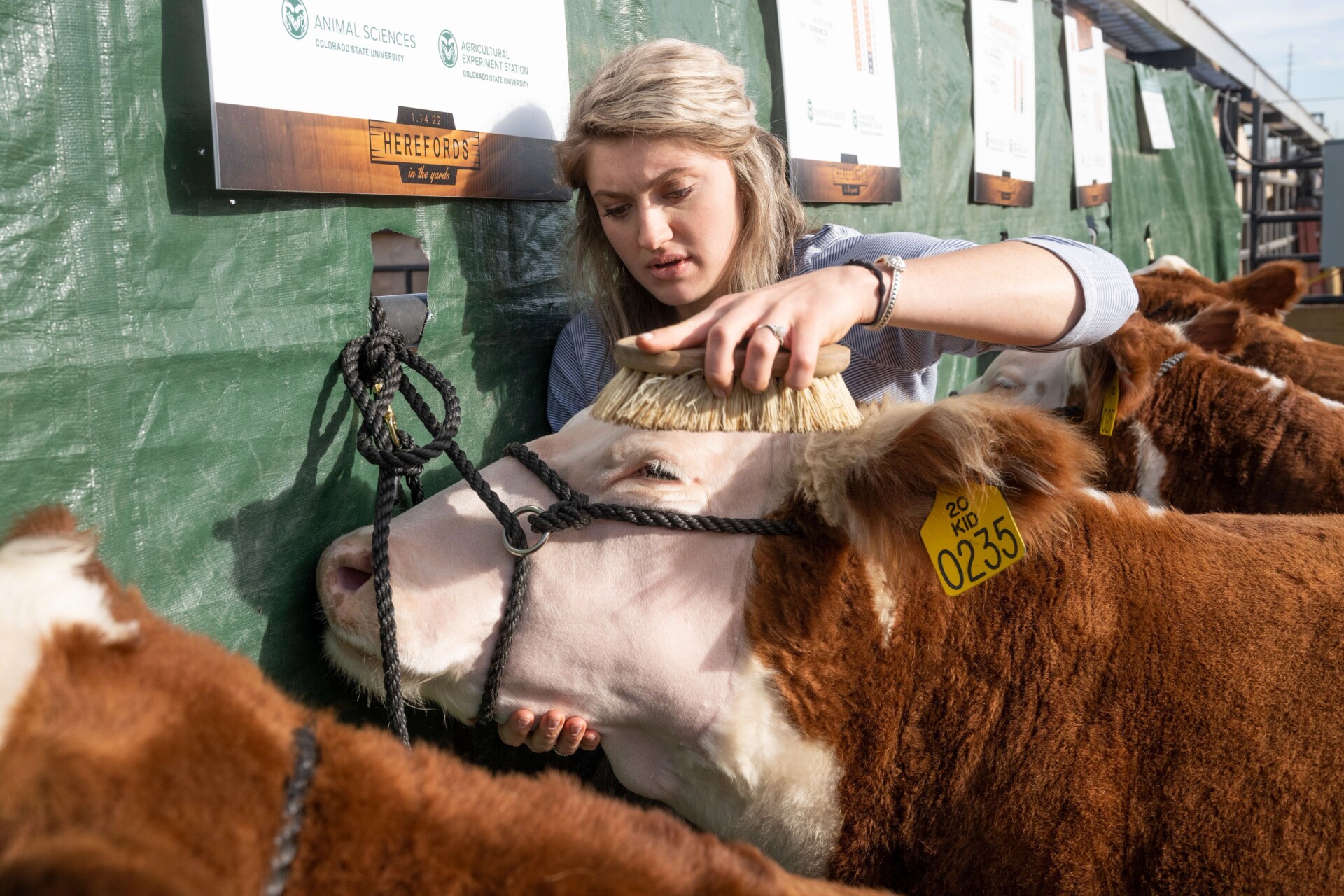
Much has changed over the years since Colorado State University first partnered with the National Western Stock Show when it began in 1906. Over the decades, it’s become not only about selling livestock, but about selling potential livestock. Thanks to genetics and the seedstock industry.
For almost 50 years, the CSU Seedstock Merchandising Team has been part of that endeavor, working to breed bulls and heifers with specific genetic traits to create the best cattle possible. Sam Cunningham is an assistant professor of animal sciences and faculty advisor for the team.
Cunningham recently spoke on CSU’s The Audit podcast about the increasing importance of genetics in the future of the livestock industry and the seedstock merchandizing team’s role in that future.

Since the COVID 19 pandemic began in 2020, same day/next day delivery — something that was previously considered more of a premium service — has become a normal and even expected way to shop. But what does our get-it-now method of online commerce mean for the supply chain, especially one that has been so precarious in the post-pandemic era?
Zac Rogers is an associate professor of operations and supply chain management at Colorado State University’s College of Business. As the holiday shopping season approaches, Rogers spoke on CSU’s The Audit podcast about how this model of shipping became so ubiquitous, why brick-and-mortar stores will never go away and the surprising reason all those Amazon returns aren’t as bad as you might think.
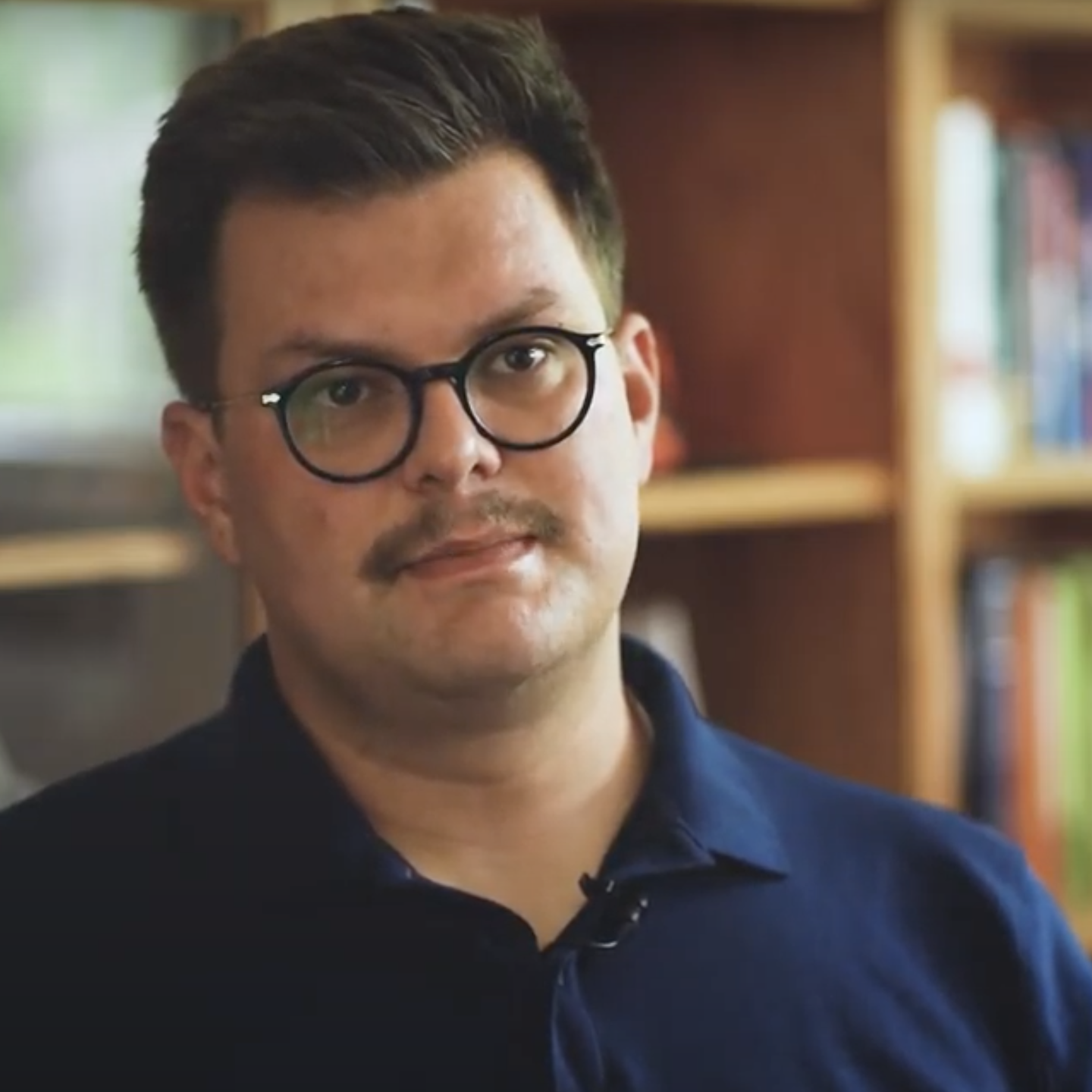
It’s an indelible moment that poses the question: Is democracy in danger? On Jan. 6, 2021, as Congress met to certify the results of the 2020 presidential election, a violent mob stormed the U.S. Capitol. It was the height of a cycle of polarization and distrust in some of the strongest examples of democracy that we have, free and fair elections and free speech.
Dominik Stecula is an assistant professor of political science at Colorado State University. His research focuses on the intersection of political communication, political behavior and science communication in the American media. Stecula recently spoke on CSU’s The Audit podcast about the changing way people look at the media and democracy.
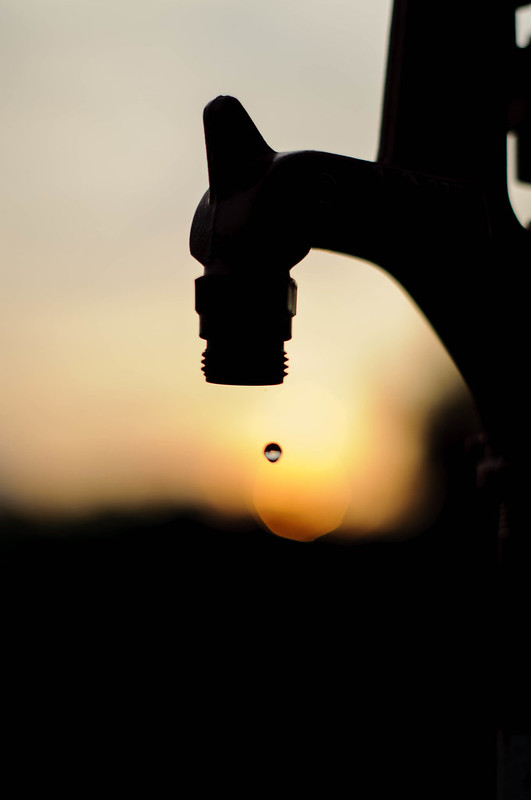
After being found in violation of a 1940 water compact, Colorado has a deadline: retire 25,000 acres of irrigated land by 2029 or face the shutdown of thousands of wells, impacting hundreds of thousands of acres of land and their surrounding communities. Colorado Water Center Director John Tracy and Professor Jordan Suter spoke with The Audit about the complicated history of the Republican River Basin Compact and what could happen if the wells run dry.

Jason Bernagozzi is an associate professor of electronic art at CSU. Bernagozzi recently spoke with The Audit about the impact AI-generated art is currently having, what it could mean for the future of art, and how he’s preparing students to navigate this new world.
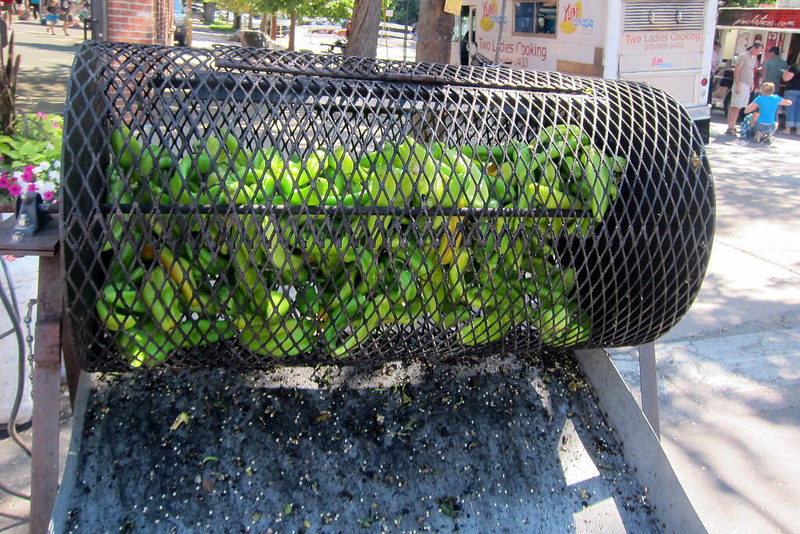
CSU agricultural economist Dawn Thilmany talks about a recent Colorado Department of Agriculture survey looking at Colorado consumer preferences and how much the “buy local” movement really matters.

Hear from CSU Veterinary Extension Specialist Ragan Adams and College of Agricultural Sciences Associate Professor Jennifer Martin on the threat of African Swine Fever and CSU’s role in combating it.
